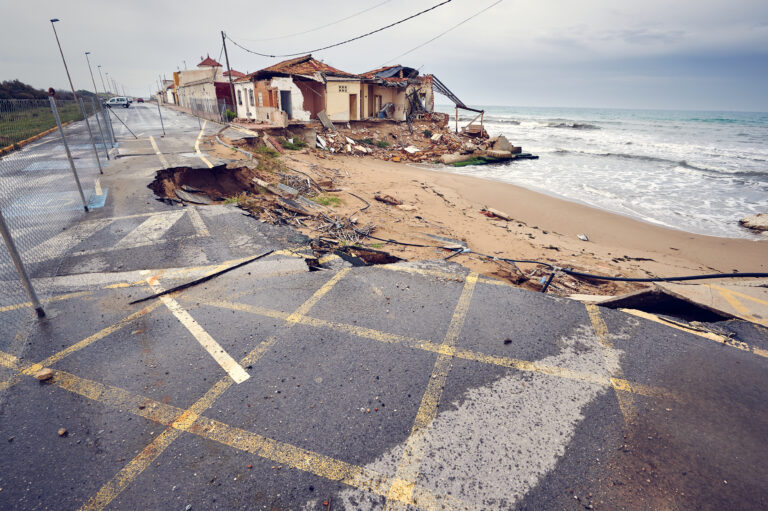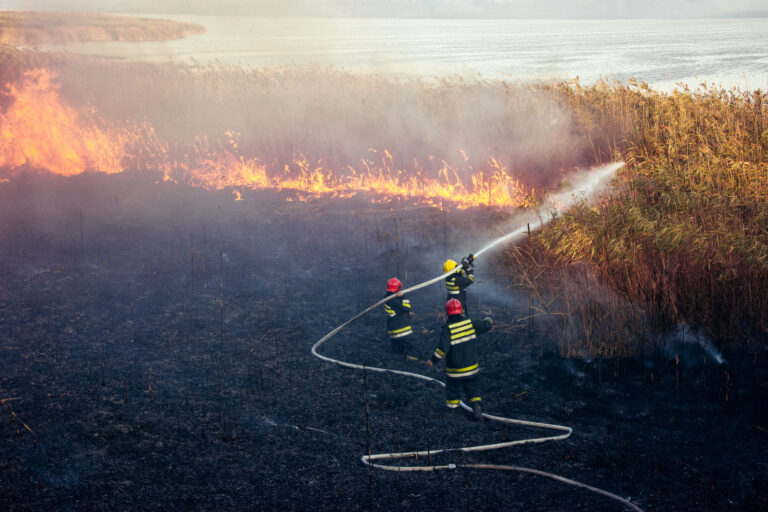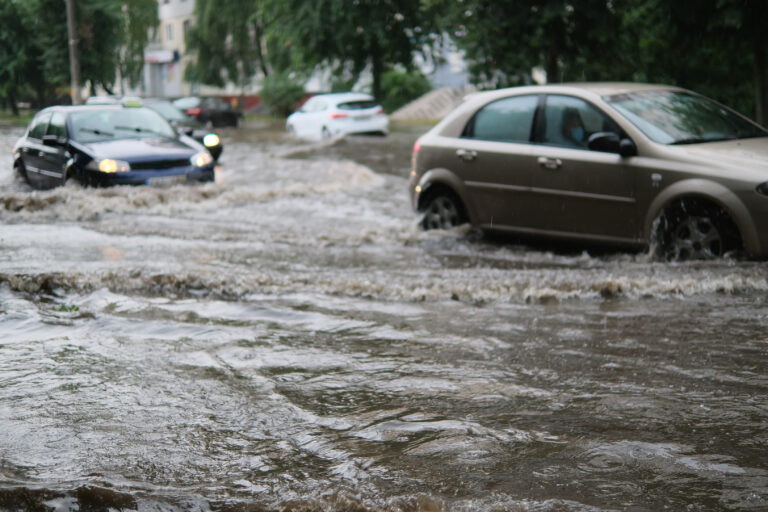The Troodos area is situated in central Cyprus and covers around 137,000 hectares (1,370 square miles), which accounts for 45% of the total area of the Troodos Mountains and 15% of the total area of Cyprus. The area is divided into three districts – Nicosia, Paphos and Limassol – and ranges in altitude from 300 metres to the highest peak, Mount Olympus, which stands at 1,952 metres above sea level. The region comprises 110 communities with a total population of approximately 25,000.
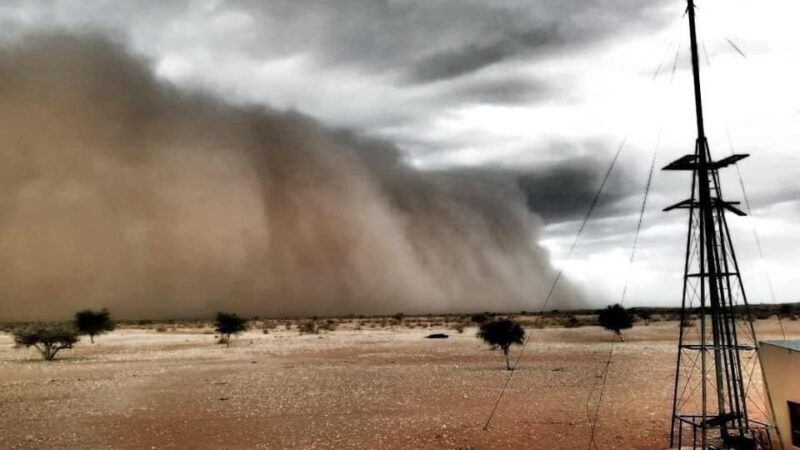
Sahara dust
Desert dust storms (DDS) are naturally occurring events that transport dust particles far from their sources. During DDS events, which can last from few hours to several days, PM10 (particulate matter with aerodynamic diameter ≤ 10 μm) levels are considerably higher than the 2005 EU daily limit value of 50 μg/m3. Daily PM10 levels during DDS events can exceed 2000 μg/m3. DDS pose a major risk to populations residing in affected areas such as Cyprus. In Cyprus, the number of DDS days during the period 1998–2008 increased at an average rate of 1.7 days/year, reaching a peak of 30 DDS days in 2008. Dust particles themselves are well known for their potential to cause respiratory and cardiovascular health problems especially to adults and children with asthma. They can also irritate eyes, throat and skin.
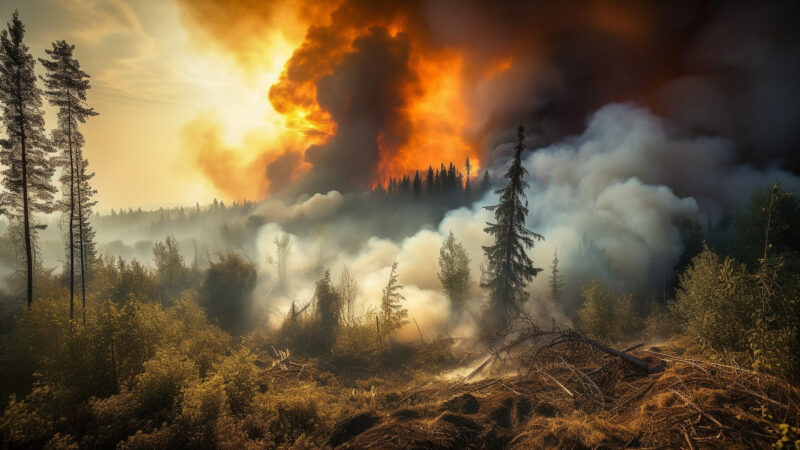
Wildfires
The key elements that affect the fire danger in Cyprus are: the Mediterranean climate of the island with a prolonged hot and dry summer period and strong local winds, the vegetation characteristics such as the ground cover density and fuel moisture and the topography; characterized by a rugged terrain and steep slopes. In 2021, wildfires ravaged 6,199 hectares, accounting for 3.6% of Cyprus’s total forest area. This marked a significant increase from the 3,421 hectares burned in 2020 and was followed by a decrease, which still represented a considerable area, to 2,540 hectares in 2022.
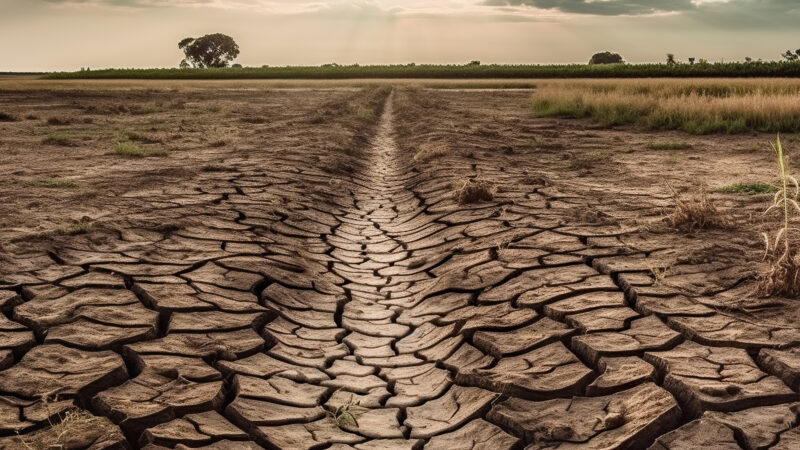
Drought
Cyprus experiences a climate that is characterized by a significant number of dry days annually, amounting to 77.2% of the year on average. The average annual precipitation over a span of 30 years registers at 470mm. This figure, while reflective of the limited rainfall the island receives, also underscores the variability and scarcity of water resources in Cyprus. These climatic conditions play a crucial role in shaping the natural landscapes, agricultural practices, and water management strategies on the island, emphasizing the challenges and adaptations required to thrive in an environment where dry days predominate and rainfall is a relatively rare commodity.
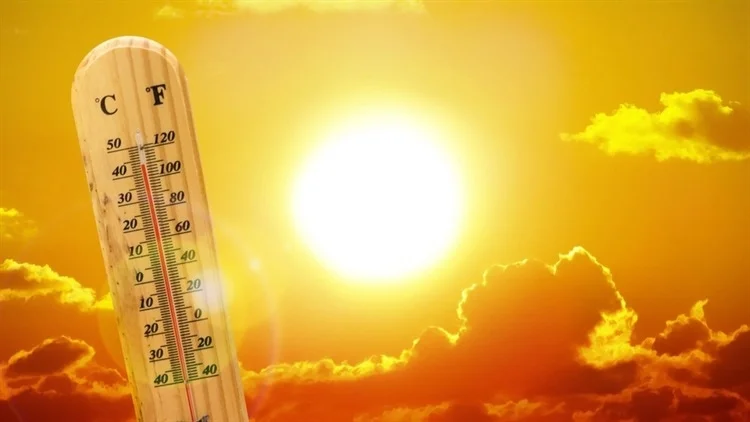
Heat waves
Agriculture in Cyprus has historically been a backbone of the local economy, but it’s now facing an existential threat due to climate change. Rising temperatures and irregular rainfall patterns have led to prolonged droughts, adversely affecting water availability.
Cyprus’s unique biodiversity is another victim of climate change. The island hosts a variety of endemic species, both flora and fauna, which are now at risk due to shifting climatic conditions. Increasing temperatures and changing precipitation patterns disrupt the delicate balance of ecosystems, affecting species’ habitats and food sources.
Another pivotal sector for the Cyprus’s economy, tourism will be affected too. The rising temperatures could make Cyprus less attractive as a summer destination, as extreme heat can be uncomfortable and potentially dangerous for visitors.
The Long-Term Low Greenhouse Gas emission (GHG) Development Strategy for 2050 is a Roadmap for the Republic of Cyprus on Climate and Energy, as part of the country’s participation in the collective European goal of a successful and sustainable transition to a climate-neutral economy by 2050 Cyprus is committed to a 24% reduction of greenhouse gas in non-ETS emissions in the period 2021-2030 by 2030 relative to 2005.
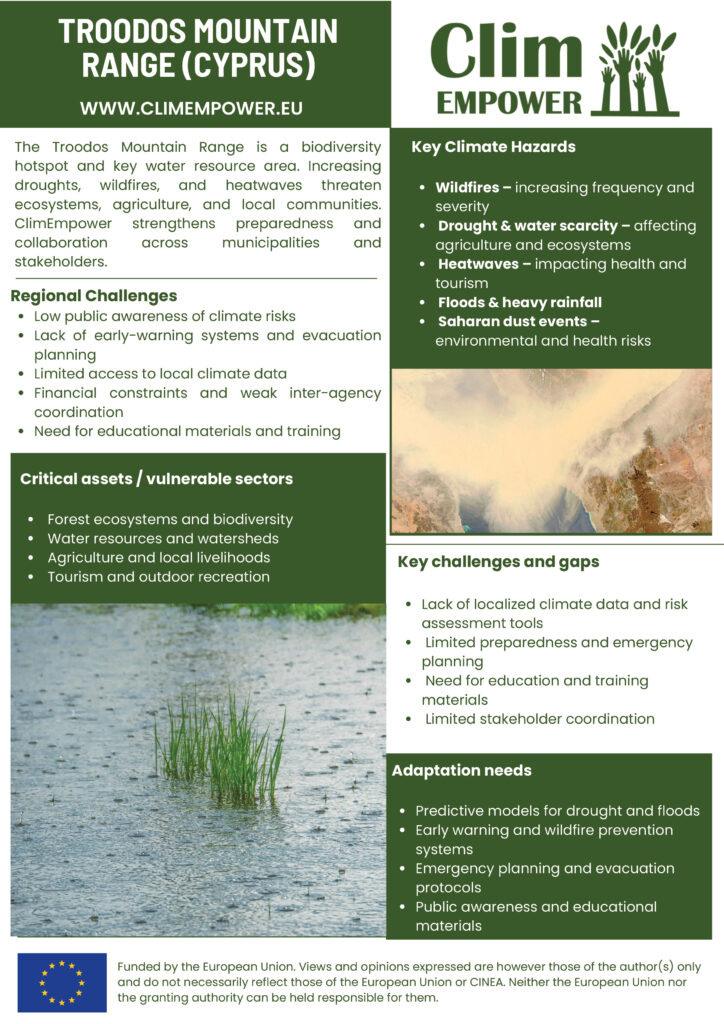
Pilot projects from other relevant EU projects in the region
AQ-SERVE https://aqserve-project.com/
CELSIUS https://celsius.cyi.ac.cy/
OptimESM https://optimesm-he.eu/
PREVENT https://cordis.europa.eu/project/id/101081276
LIFE-MEDEA https://www.life-medea.eu/en/
Best practices in the production of olive oil:
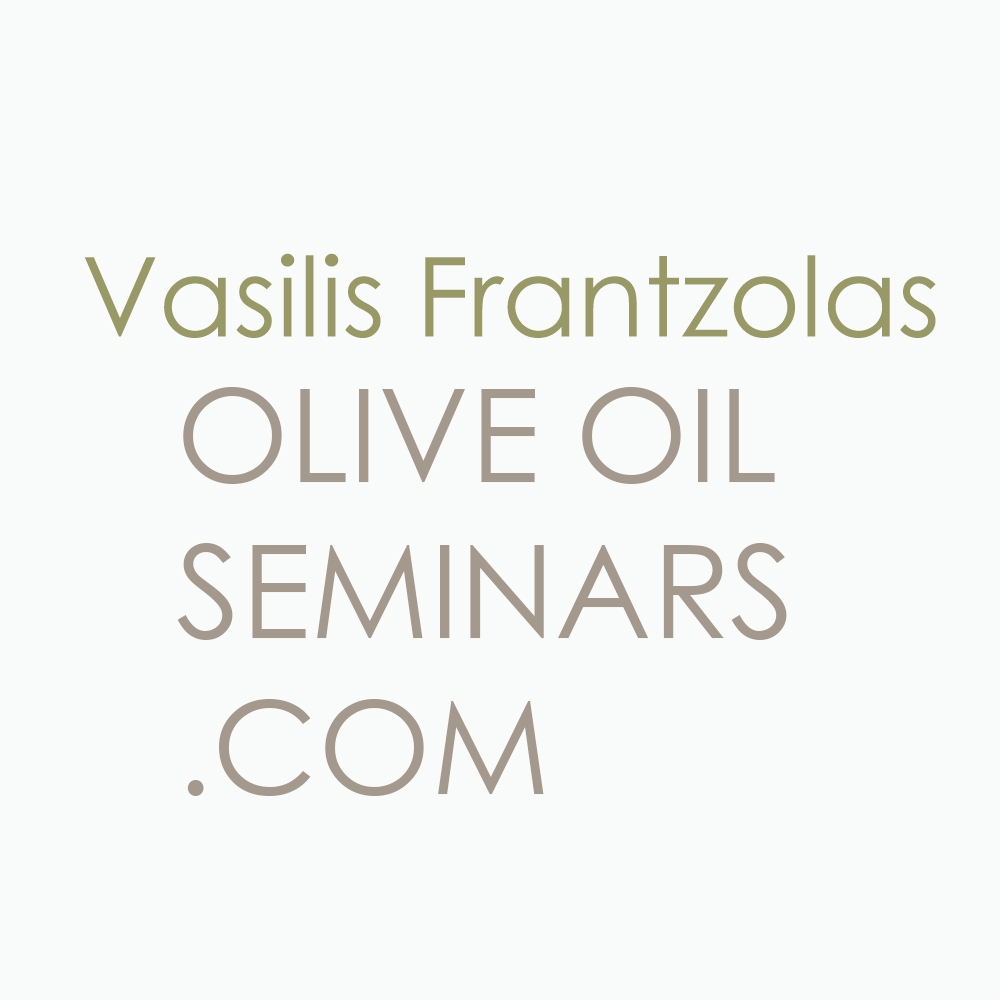
Olive Oil Seminars
Olive Oil Seminars – Oliveoil seminars for consumers and oil producers, from Vasilios Frantzolas started in 2005, offering seminars about
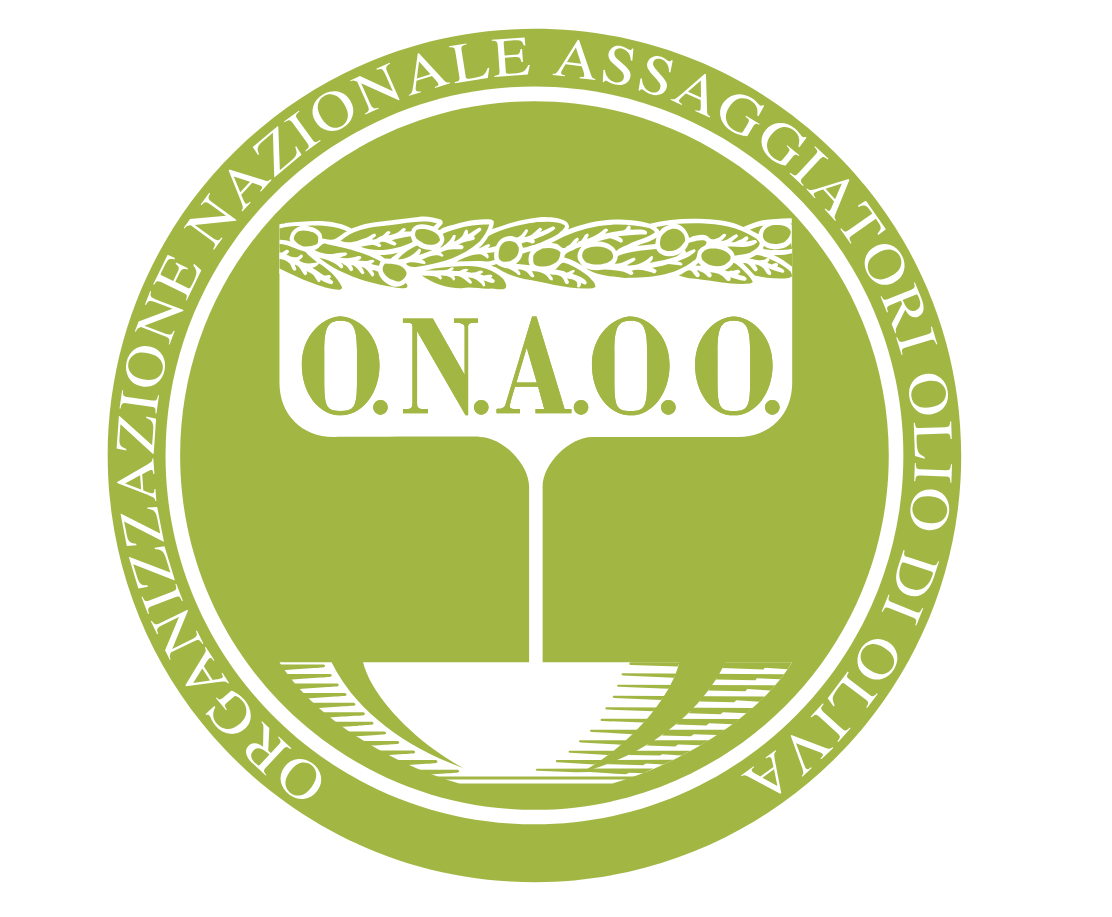
O.N.A.O.O.
O.N.A.O.O. – National Organization of Olive Oil Tasters – National Organization of Olive Oil Tasters (onaoo.com) is the first School

